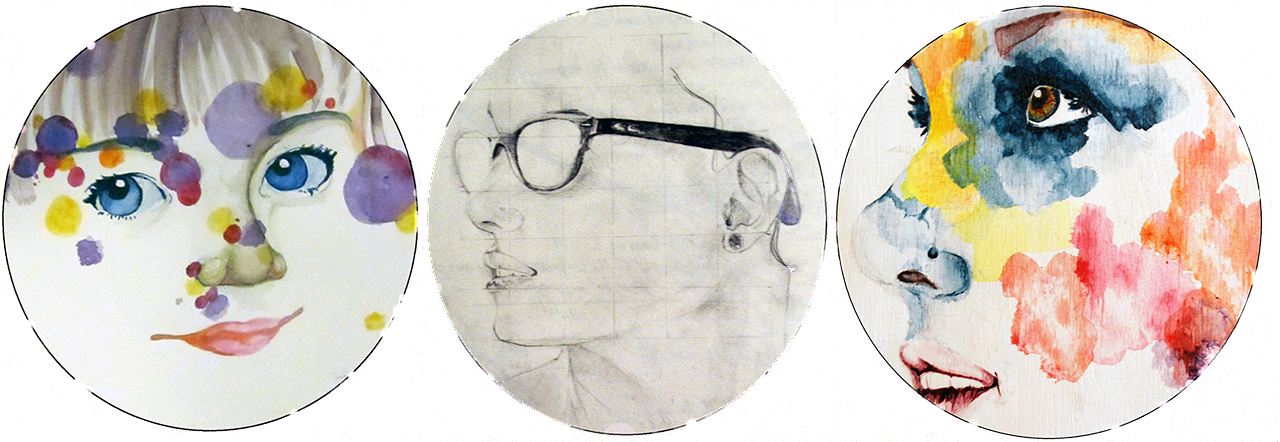World Building and Digital Storytelling
Reading: Reading: Low, B., Brushwood Rose, C., & Salvio, P.M. (2017). “Are You Listening?” from Community-based Media Pedagogies: Relational Practices of Listening in the Commons. New York: Routledge. 1-15.
Mapping Memories: Explore the resources, videos, and digital stories on the Mapping Memories site. Pick one and make notes in a format of your choice, thinking about the video in relation to the reading for this week and readings so far in the course (see chapter 5 in the above text for a detailed look at this project).
Class Description:
Inspired by Low, Brushwood & Salvio’s chapter “Are you listening?” (2017), in this class we will focus on exploring digital storytelling as an inter-/transdisciplinary means of engaging in both expression and authentic listening practices in community with others. In the first part of class, we will take up the chapter through small-group sharing of resources from mapping memories that resonated with you, before coming back together as a full group to discuss what might be learned from projects such as those on the mapping memories website, and how this can translate to your own classroom practices in different subject areas, and with different groups of students. This will begin to address in some way the concern raised by the authors regarding a lack of collaborative/production-oriented pedagogies within mainstream education.
Taking up the call re: teachers’ own common discomfort with the media literacies explored in the text, the second half of class will involve establishing the conceptual framing for your own digital storytelling practices. The production for this week expands upon the work you have done with Wikimedia tools, and will give you the opportunity to supplement a wiki with other digital tools explored in the course so far (or that you use outside of class, including social media tools) as you construct your own digital storying of education. We will use the concept of world building to help us think through how these stories, when put together and ‘listened to’ collectively, can create a diverse ecology of stories in/of education. Various ways of approaching the production task will be discussed, and plans regarding how we will facilitate authentic engagement with others’ stories (beyond a mandatory ‘comment on one other person’s work’ mentality) will be collectively negotiated in class.
Production 6: Creating and Sharing Stories in/of Education (Wikimedia/Transmedia)
